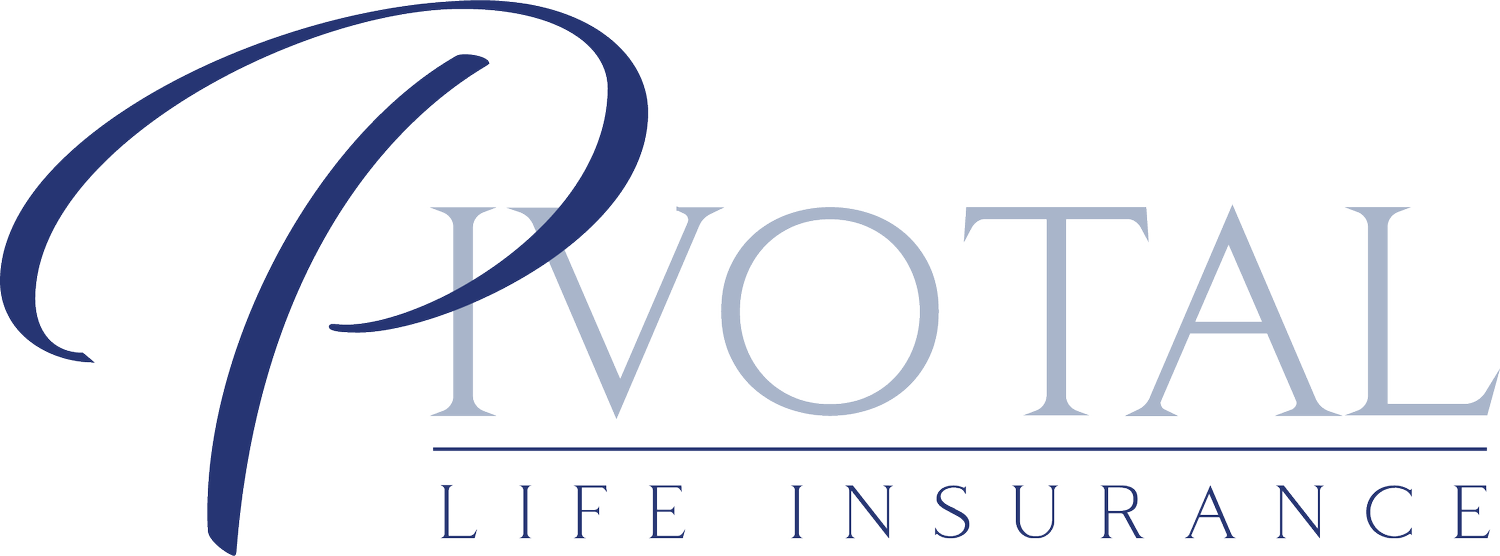Life Insurance Premium- Am I Paying a Fair Rate?
Your life insurance premium will increase the longer you wait.
Well, that depends on the level of risk you present to the insurance carrier. Life Insurance premium is the predetermined dollar amount that you pay the insurance carrier in exchange for a death benefit. Carriers establish premiums and are carefully calculated. Therefore, life insurance premiums between carriers shouldn’t vary greatly as they use similar formulas.
Remember, insurance is the transferring of risk to an insurer, for a fee, to provide financial assistance should a loss occur. Life insurance is a legally binding contract that states, for a specified premium, the insurance carrier agrees to pay a beneficiary a defined sum of money when the insured dies.
Your life insurance premium will increase the longer you wait.
How do carriers determine the amount in premium they need to collect to alleviate their risk?
First, they must properly assess the risk, or uncertainty regarding a financial loss.
That’s what the actuaries of the carriers do, and they do it with careful calculation. They mathematically evaluate the likelihood of events. They can then quantify the contingent outcomes in order to minimize losses associated with uncertain events. The actuaries use the theory of probability, also known as the law of large numbers, which means that if something occurs often enough, then it can be predicted with a high degree of accuracy. Insurance companies take the law of large numbers into consideration when determining premiums. Actuaries are highly specialized mathematicians.
The next level of evaluating risk is called underwriting. This is where the carriers evaluate information and observations about the proposed insured in order to properly determine the risk. Each potential policy has a varying level of risk to the carrier, determined by many factors. The age and health of the insured (at the time of application) is considered along with the size of the death benefit and length of the policy. For example: whether permanent or # of years of the Term. Insurance carriers assign a “risk class” to each case to determine the level of financial risk that issuing the policy poses.
Life insurance premium is determined by a combination of actuaries assessing risk and the underwriters determining the level of risk. The amount of money promised must be held in a separate account and grows with interest. Sometimes the carriers win and sometimes they lose, but with volume the carriers are virtually insured to have a high profit margin.
Reach out to our Pivotal Insurance agents for a FREE policy review and to help determine your risk class.
561-412-5500 or Pivotal Insurance
——-
About Pivotal Life Insurance
Pivotal Life Insurance is a family owned, independent insurance agency that focuses on income protection and family security through Life Insurance products (Term Life, Whole Life, Final Expense), Mortgage Protection and Annuities. With a range of product offerings, we accommodate the varying needs of our clients through resources provided by the nation’s top rated carriers. Although we are headquartered in South Florida with a branch in Maryland, we service most of the United States as our agents are licensed throughout the country. Pivotal Life Insurance is one of the fastest-growing agencies and we pride ourselves in putting you, our customers, first.
Insurance Is Pivotal. Cherish what’s important.
For more information or if you’d like to join the Pivotal family, visit www.insuranceispivotal.com or call at 561-412-5500.

